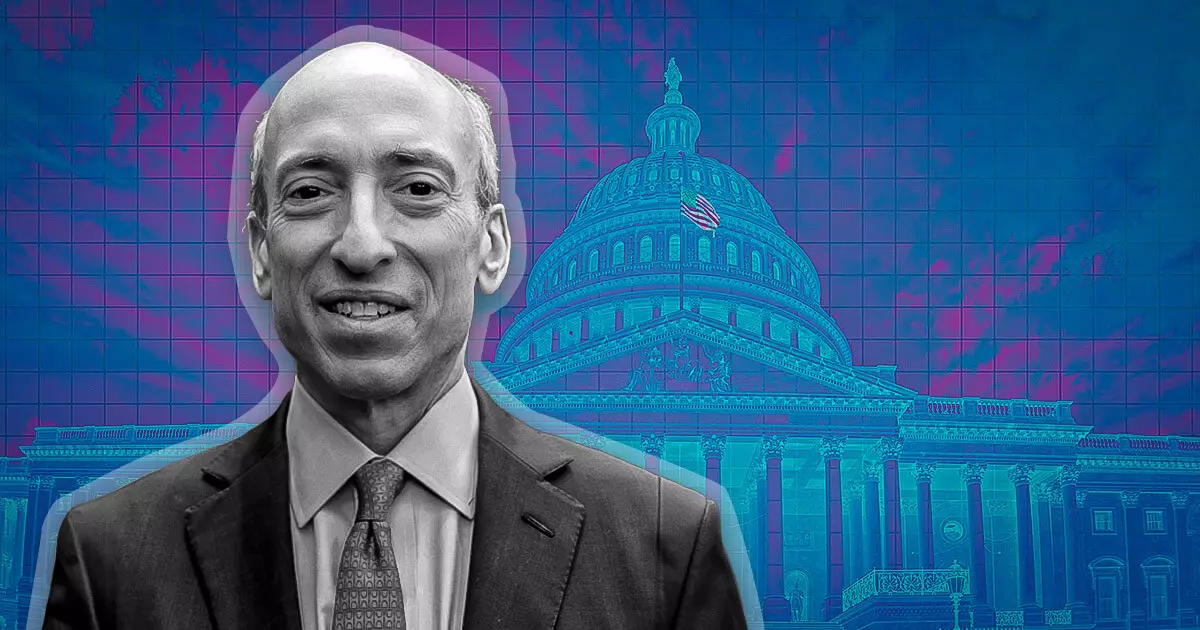Recent commentary from Tyler Winklevoss, the co-founder of the cryptocurrency exchange Gemini and a former Olympic rower, has rekindled the contentious debate surrounding Gary Gensler, the chair of the U.S. Securities and Exchange Commission (SEC). In a fervent post on X (formerly Twitter), Winklevoss made a striking assertion: Gensler’s actions are not mere “good faith mistakes.” Instead, they are deliberate maneuvers designed to promote a personal and political agenda that, critics argue, comes at an exorbitant cost to the burgeoning crypto industry and numerous American livelihoods.
Winklevoss characterized Gensler as “evil,” accusing him of having no regard for the broader implications of his regulatory measures. In his view, Gensler’s lack of concern means jeopardizing industries, endangering tens of thousands of jobs, and affecting billions of dollars in investments. Such charges suggest a trajectory that could have far-reaching consequences not just for crypto but also for financial innovation and investor confidence in the U.S.
According to Winklevoss, Gensler’s interventions have left lasting scars on the crypto landscape, damage irreversible by any forthcoming apologies or gestures of goodwill. This commentary unveils a bitter frustration within the cryptocurrency community, which has increasingly found itself at odds with regulatory approaches that feel punitive rather than protective. Winklevoss argues that safeguarding the crypto ecosystem requires an essential shift away from figures like Gensler, claiming that any future affiliation with him should be met with severe backlash from the industry. His assertion signals a broader apprehension within the crypto community regarding who holds positions of influence in regulatory and financial institutions.
Adding to the sentiment, Winklevoss pointedly remarked that American taxpayers are fed up with a government that seems to act against their interests—citing a troubling trend where a regulatory body meant to shield citizens appears to wield its power to the detriment of a nascent industry. His call for action reflects a palpable sense of urgency and betrayal felt by many in the crypto space, who increasingly believe their innovative pursuits are under threat from governmental overreach.
Winklevoss is not alone in his critique. Just recently, 18 U.S. states initiated legal action against the SEC, decrying what they term “gross government overreach.” This collective stance demonstrates that dissatisfaction over Gensler’s regulatory framework extends beyond individual grievances—it highlights a broader contention with the SEC’s methods of ‘regulation through enforcement.’ Such practices can stifle innovation, pushing businesses to reevaluate their compliance strategies to navigate an uncertain regulatory landscape.
Furthermore, the political ramifications of the current regulatory climate are noteworthy, particularly as discussions of presidential influence surface. Donald Trump, the Republican President-elect, has indicated that one of his first moves upon returning to the White House would be to dismiss Gensler. Although the SEC operates as an independent body and removing Gensler isn’t straightforward, this political backdrop reveals a contentious dichotomy between governmental regulation and economic innovation.
With Gensler’s term set to end in July 2025, the crypto community faces a definitive choice: to galvanize against perceived regulatory hostility or risk enduring further restrictions. Winklevoss’s call to boycott any institution that might engage with Gensler post-SEC reflects a strategy of active resistance, urging the industry to take a stand and unite against what they perceive as detrimental governance.
Ultimately, the future of the cryptocurrency industry hangs in a precarious balance, influenced heavily by regulatory decisions and political agendas. Should the sector succeed in consolidating its voice against figures like Gensler, it may not only defend its interests but also preserve the innovation that has placed it at the forefront of modern finance. As the discourse surrounding crypto continues to evolve, the impetus now lies with stakeholders who must advocate for a more favorable regulatory environment—a path necessitating vigilance, unity, and a proactive approach in the face of adversity.













